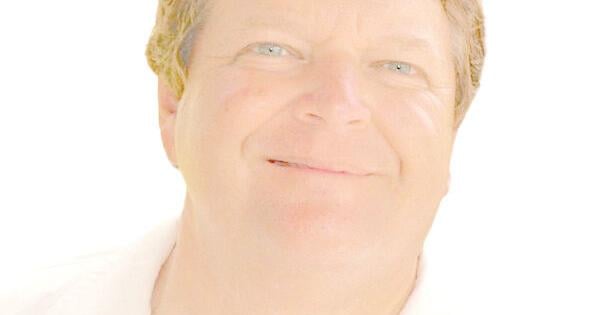
One of the many things that is supposed to be great about America and the system of justice established by our Founding Fathers is the fairness of the court and justice system. Supposedly, every citizen – regardless of status, position, wealth, race, culture, or religion – is treated equally under the law. This is supposed to mean that the poorest of the poor is given the same treatment as the wealthiest of the wealthy, and their status in a community is not to play a factor in court. In other words, Lady Justice is supposed to be blind.
In a system such as ours, individual judges and prosecutors take an oath to be impartial and independent of all external pressures. This promise is important to give the public confidence in the system and make sure all those accused will be considered innocent until proven guilty beyond a reasonable doubt and that all cases will be decided fairly and in accordance with the established laws of the land.
That’s a nice thought, and while many praise the system for its commitment to fairness and impartiality, the reality is our system is far from that shining light for the world. In fact, it not only has flaws, but those flaws have also become more noticeable over the past few years, showing a need for true reform.
There obviously is a lot of discussion and examples now because of the recent and even ongoing trials of former President Donald Trump. In addition, there are the trials of many of Trump’s political supporters and collogues, including Rudy Giuliani, Steve Bannon, General Michael Flynn, and those in the events of Jan. 6. Then, there are the examples of the lack of trials and charges against others, including Bill and Hillary Clinton, Hunter Biden, and many others.
Critics argue there is a two-tiered justice system, where political parties in power can punish their political opponents who criticize them publicly, and that those who are poor and marginalized are often charged and subject to harsher punishments by local prosecutors. This, they say, happens while the wealthy and powerful are not charged even when the evidence proves otherwise, and if they are charged, receive preferential treatment.
Even before the chants of “lock her up” were made in 2016 toward Hillary Clinton by Trump supporters, there were glaring examples of the two-tiered system in regard to Caucasians and African Americans. Numerous studies showed the African Americans were more likely to be arrested and convicted compared to their white counterparts. Also, African Americans were often given longer sentences for the same crimes as white Americans. This bias led to calls for reform and increased the scrutiny of the system.
Another issue is that wealthy individuals can afford better representation and more often get negotiated plea agreements and get lighter sentences if convicted. Probably the most obvious of those is the case of O.J. Simpson’s murder trial. While those who cannot afford representation can get a court appointed attorney, these often lead to a quick deal with the prosecutor and work to defend the accused is not usually done thoroughly.
Judges and district attorneys have been scrutinized lately for many bias and unfair practices. DAs are running for office based on charging certain individuals, such as gangsters, union bosses, and most recently, former presidents and his supporters. This has led to fears of political persecution and the setting of dangerous precedents seen in more third-world countries. Judges, too, have exercised biased and unfair authority not only in the Trump case, but in many others over the years.
The existence of a two-tiered justice system in America is a troubling reality and has been for many years. True reform is needed, and it is important for lawmakers and advocates to work together to uphold the principles of equality, fairness, and justice for all.
Randy Gibson is the CEO of RDG Communications Group, LLC.

